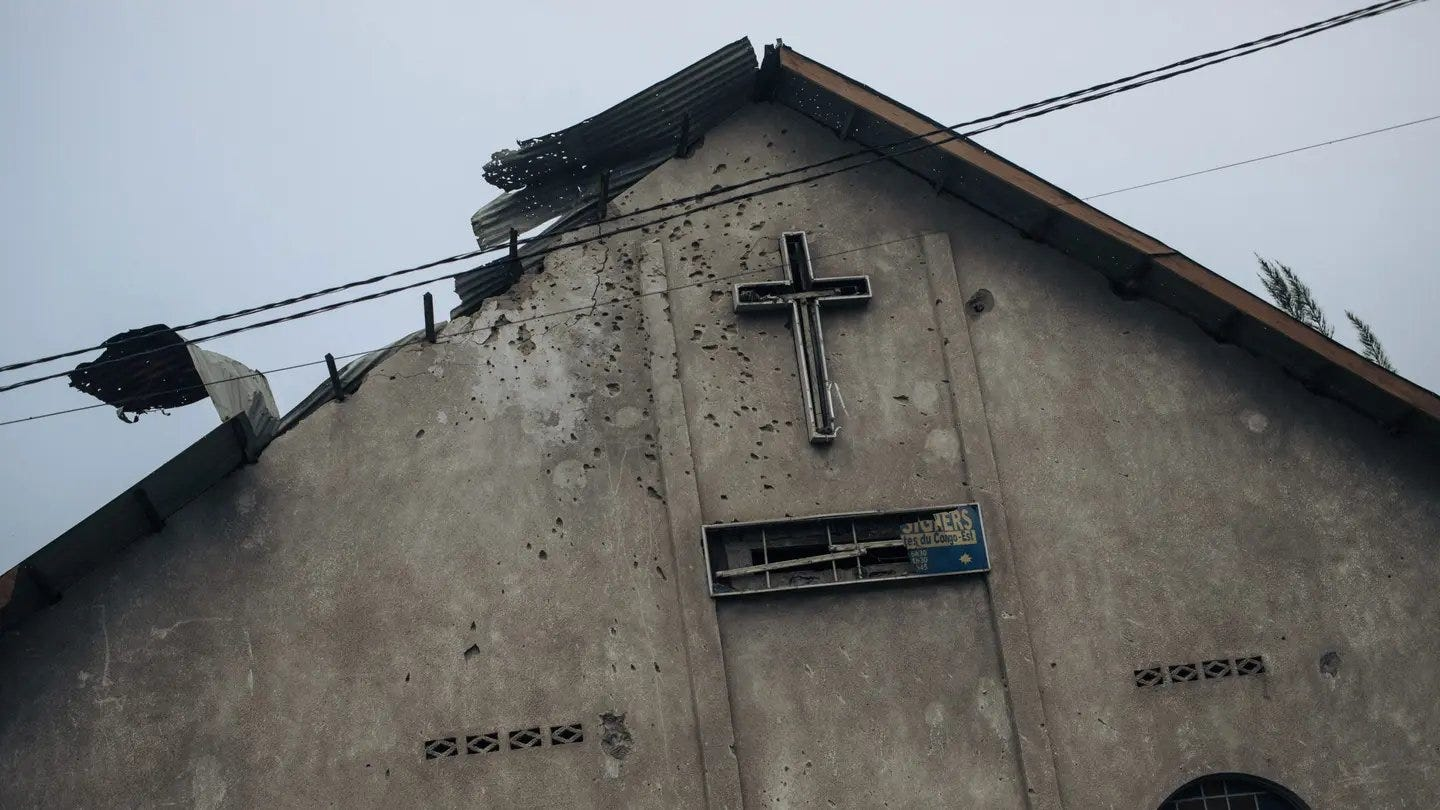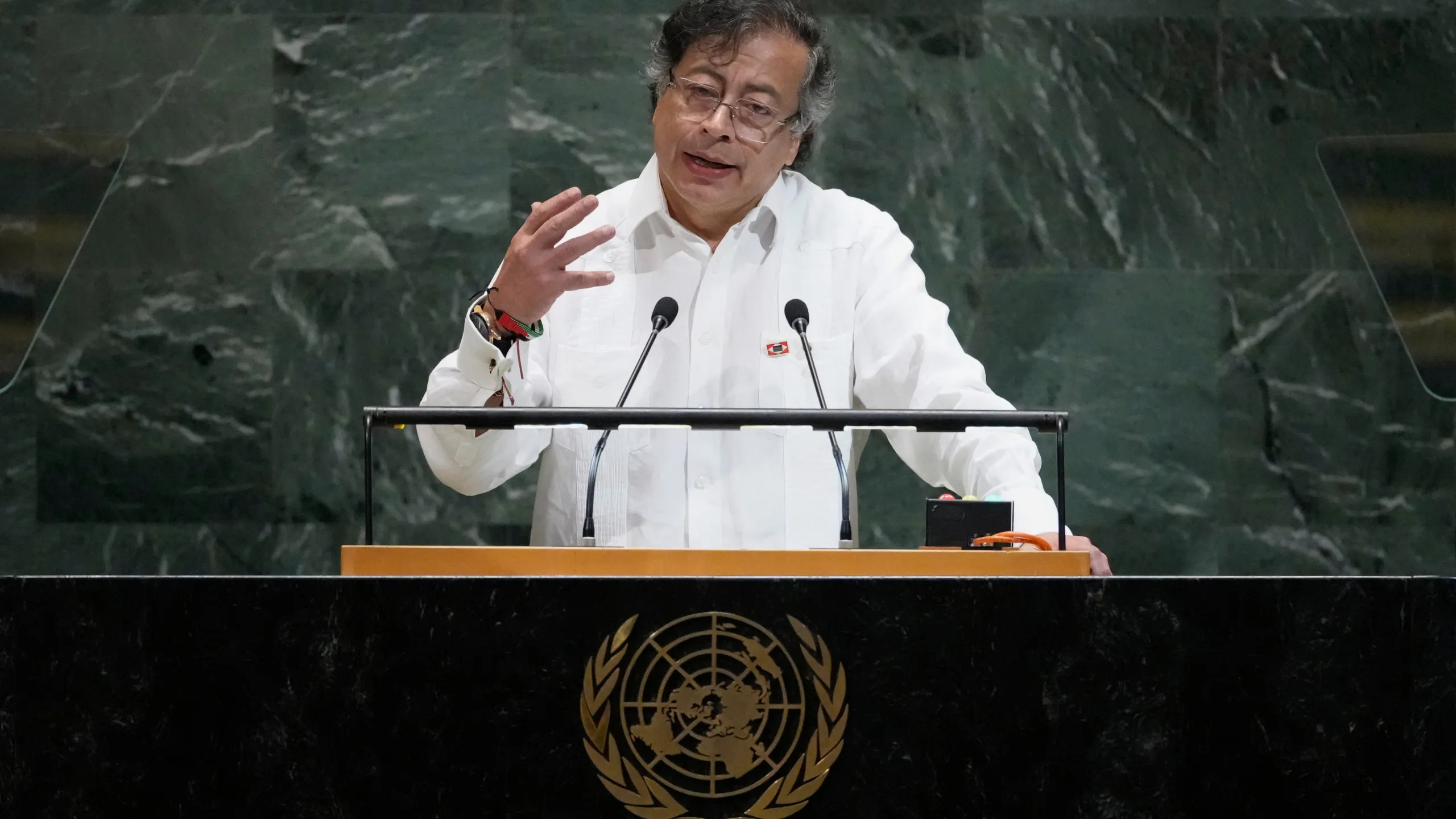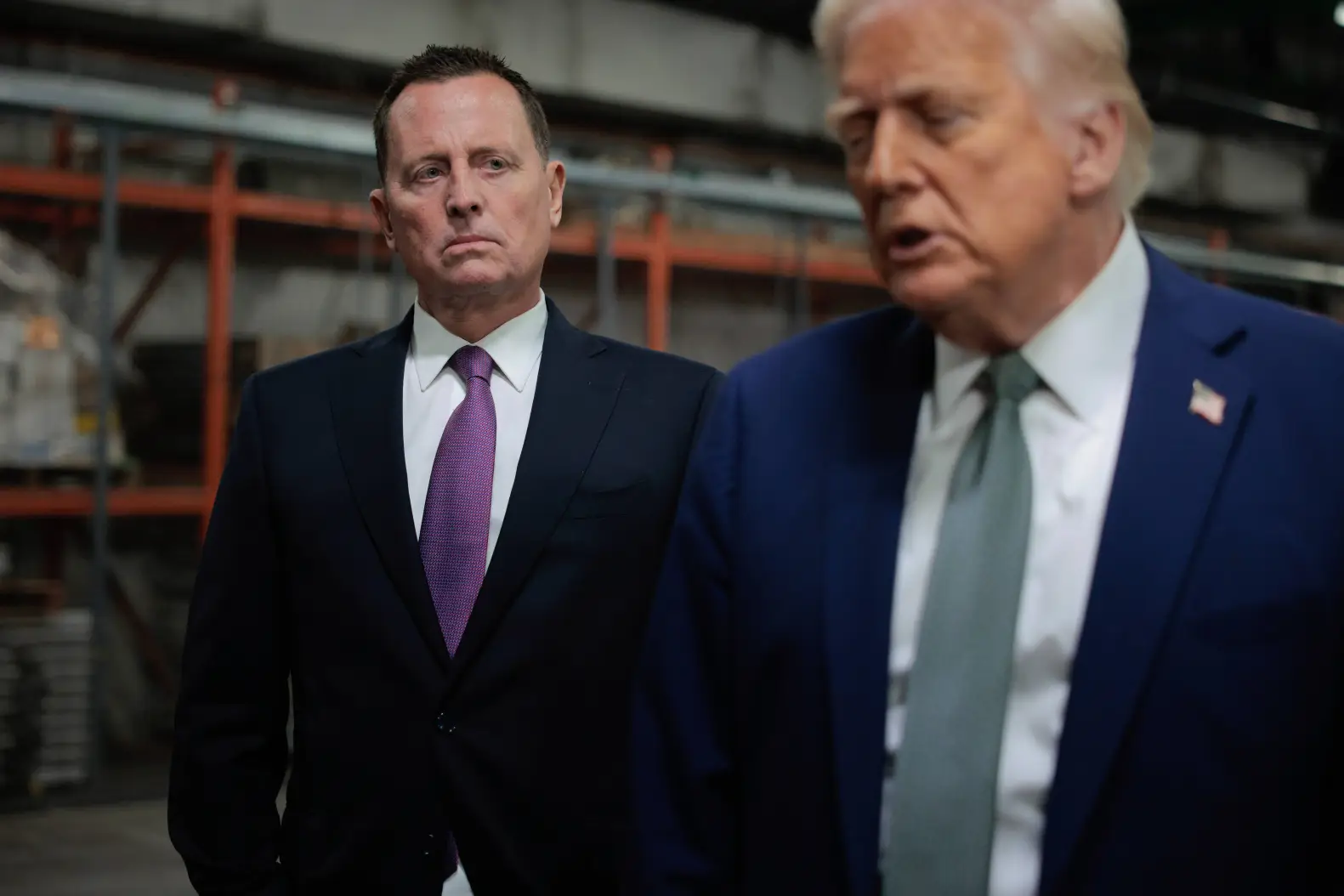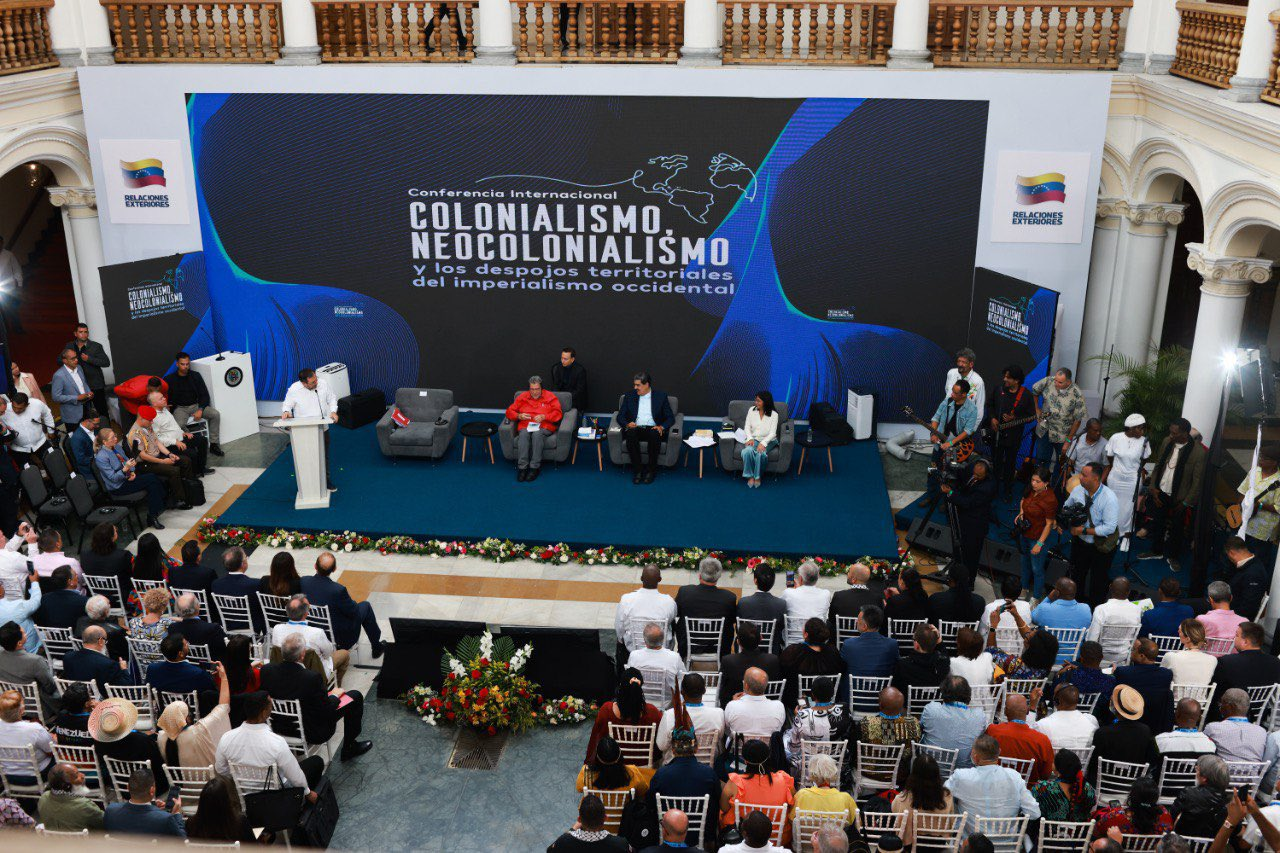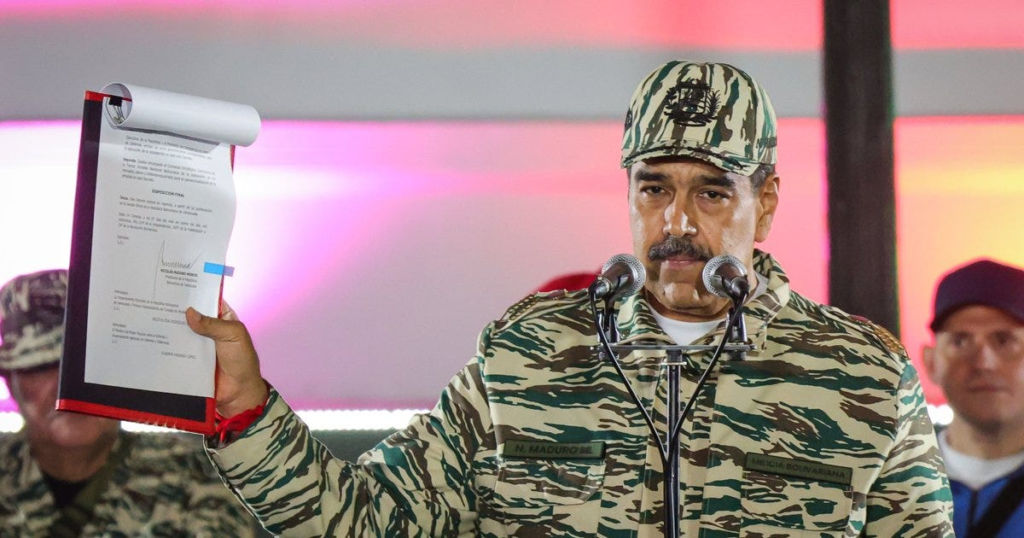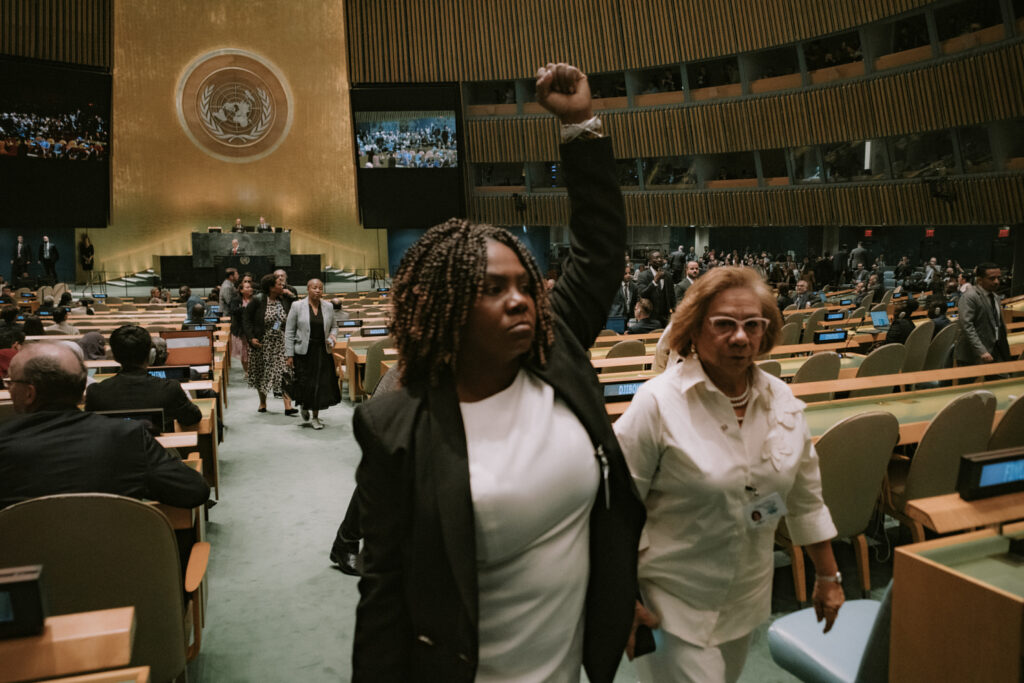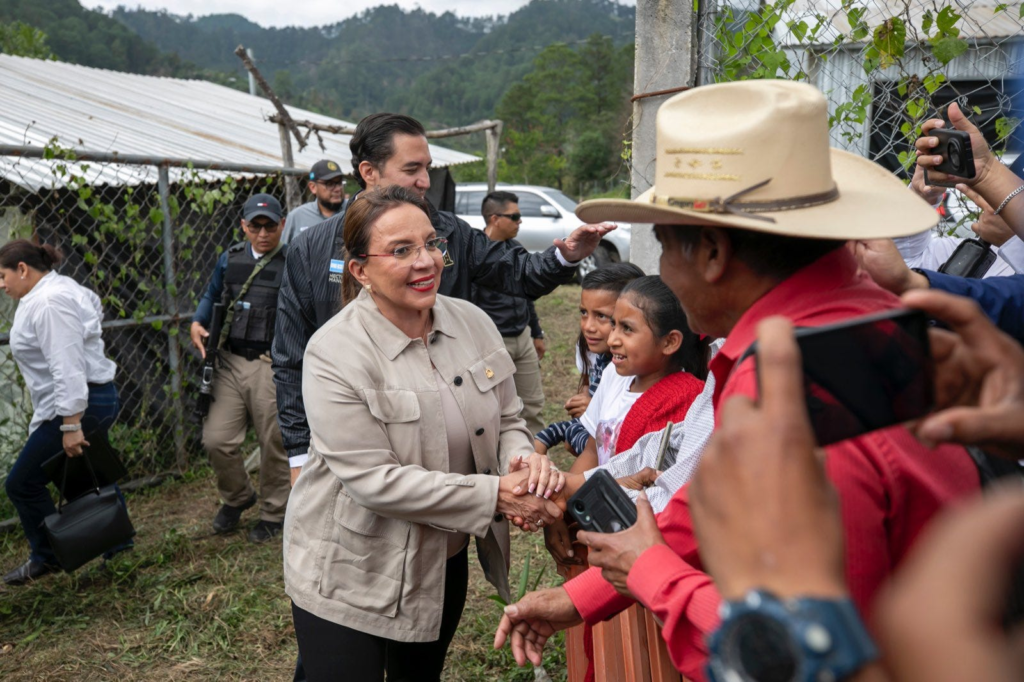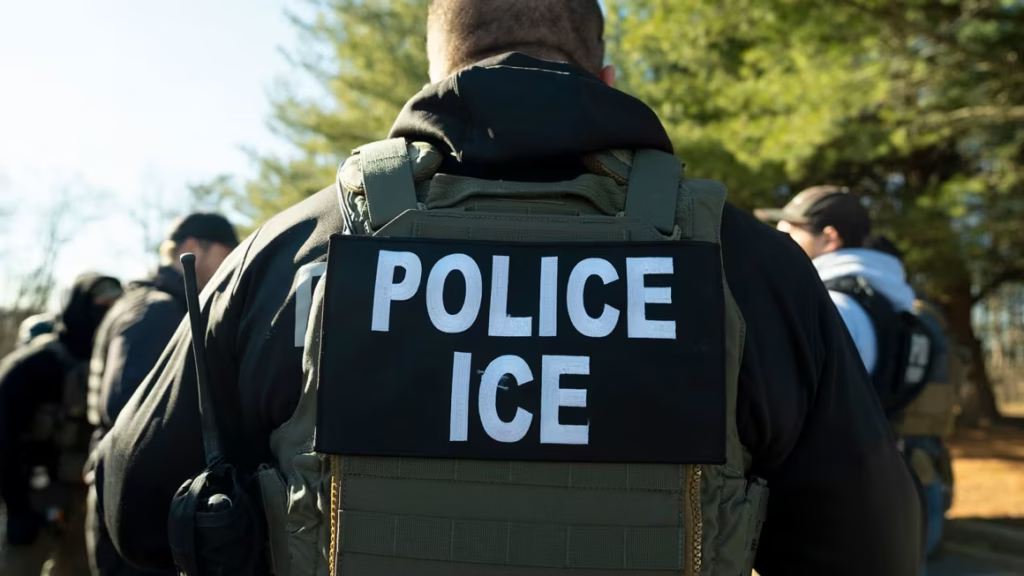In the wee-morning hours of Sunday, the 27th of July, a cohort of ISIL-affiliated rebels from the Allied Democratic Forces (ADF) of Congo launched a violent night-time raid that killed 49 Catholic worshippers in the northeastern village of Komanda, Ituri Province of the Democratic Republic of Congo near the Uganda border.
The murdered innocents were attending a planned vigil at a local church; some were also killed in a nearby village, according to reports. Other nascent reports following the bloody attack derived information from church-going witnesses who said the rebels stormed the church service with guns and machetes.
Initial reports from the U.N. peacekeeping mission, Manusco, reported to the British Broadcasting Service that a total of 43 civilians were killed in the attack, including 19 women and children. The rebels also plundered, looted, and burned various structures throughout the surrounding village. Captives have also been taken by the armed group, according to reports.
ISIL later claimed responsibility for the attack on their Telegram channel.
The Congolese government of President Félix Antoine Tshisekedi Tshilombo strongly condemned that attack as “horrific”, and attributed the events to revenge by the rebel group for recent security operations conducted by government forces against the ADF.
The ADF — originating in Uganda in 1994 — is sometimes referred to as ISIS-Central Africa (IS-CA), accused the government in Kampala of persecuting Muslims during the 1990s, and eventually pledged its allegiance to the Islamic State in 2019.
The ADF’s leadership claims it is fighting to form a government of its own in the East African country.
Analysts in the region assert that ISIL no longer retains the capabilities to exert large-scale territorial control, or its self-mandated caliphate in the Middle East, instead focusing on regional affiliates to expand its influence in Central Africa, and the mineral-rich regions of the eastern Congo along the border with Rwanda.
The Rwanda-backed M23 rebel group, which is also attempting to displace the Congolese national government, ultimately used Sunday’s attack to criticize the government for its incompetence and failure to provide the people, adequate security.
Pope Leo XIV also expressed sorrow for the attack, writing: “May the blood of these martyrs become a seed of peace, reconciliation, fraternity, and love for the Congolese people.”

